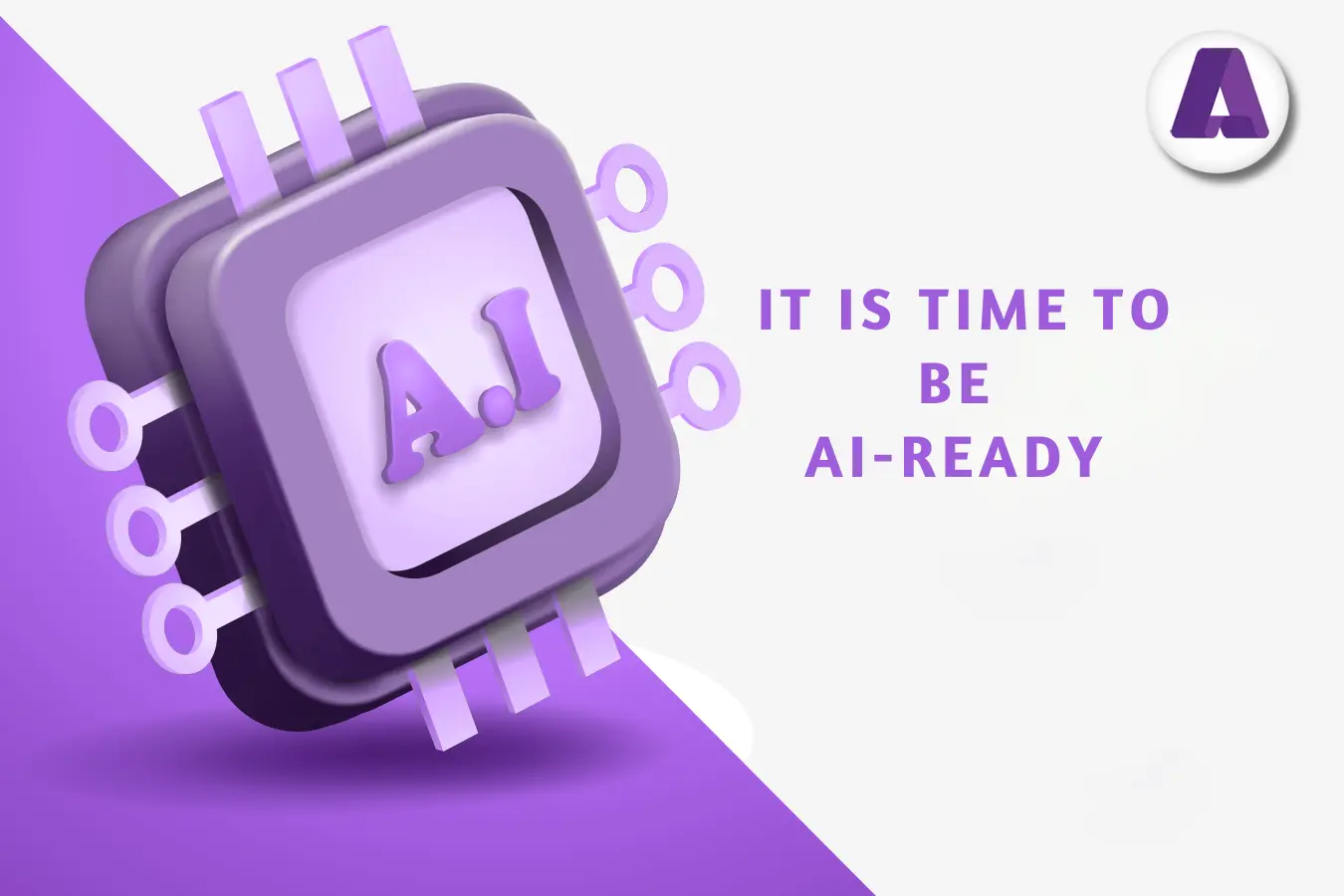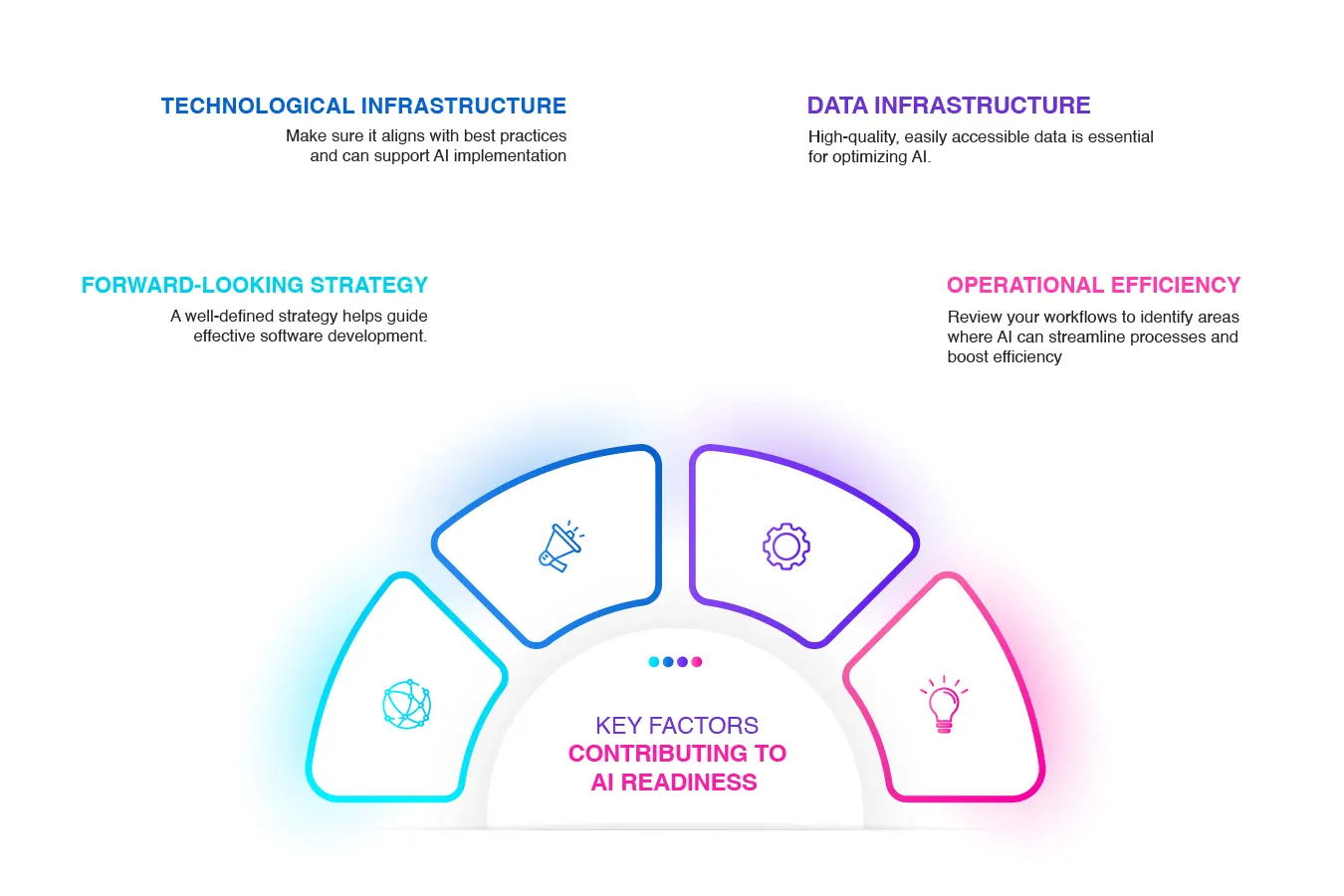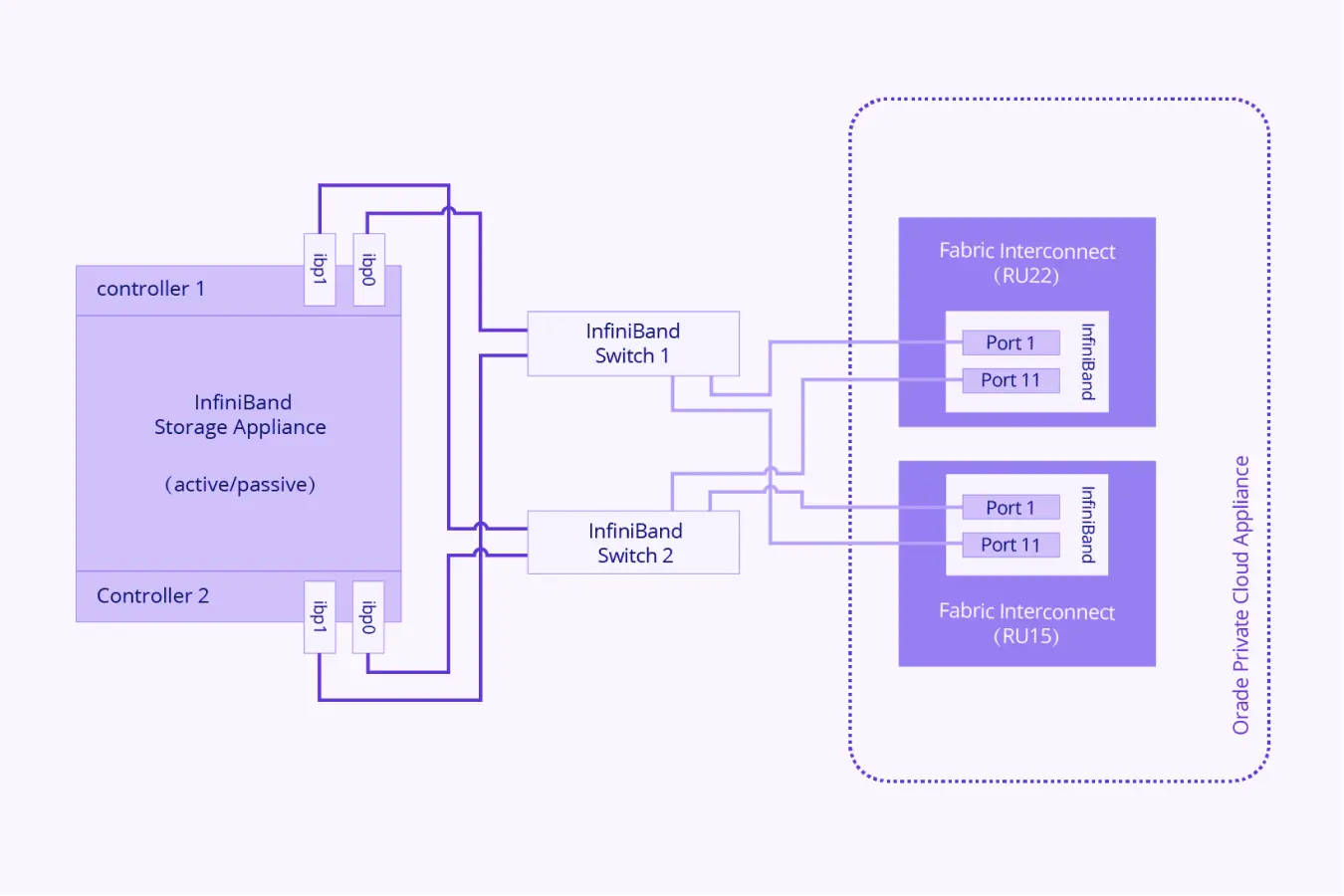
Why It is Time to Be AI-Ready?
Gartner emphasizes that AI-Readiness must be a top priority for CIOs in 2024 and beyond. However, a Gartner survey from June 2023 of 606 CIOs and technology leaders revealed that only 9% of organizations have an AI vision statement, and over a third have no plans to create one.
To ensure the swift and safe adoption of generative AI within the next year, organizations should:
- Establish AI-Ready Principles: These guiding principles should reflect the organization’s core values and provide a framework for navigating the complexities of human-machine interactions.
- Make Data AI-Ready: Ensure that data is secure, enriched, fair, accurate, and governed by the established AI principles.
- Implement AI-Ready Security: Prepare for potential misuse of AI by creating policies to handle new security threats and working with the executive team to establish acceptable use policies for public generative AI tools.
By taking these steps, organizations can set a solid foundation for AI integration, enabling them to harness AI’s full potential while mitigating risks. In this blog post, we’ll explore the steps you can take to ensure your organization is ready for AI and poised to thrive in this transformative era.
What is AI-Readiness?
To truly understand how prepared a company is for AI, it’s important to grasp what AI readiness entails. Integrating AI seamlessly into business activities requires having the right people, processes, and platforms.
However, real AI readiness goes beyond just these elements. It’s about embedding key data disciplines and practices into the core operations of a company. Leaders should view AI not as an add-on, but as a fundamental part of their strategic and operational plans.
AI readiness focuses on three main areas:- AI Strategy: This is your plan for aligning AI with business objectives to ensure it adds real value. It involves navigating challenges and steering AI initiatives to achieve transformation goals, recognizing the significant investment needed to bring AI into production.
- AI Governance: This is a comprehensive system addressing the ethical, legal, and operational complexities of AI usage. It’s essential for medium to large organizations to ensure responsible AI use. It must be robust and adaptable to meet the evolving nature of AI and its regulatory landscape.
- Data Operations: The effectiveness of AI models depends on the quality of the underlying data. This involves integrating data quality and fostering a data-centric culture within operational processes, requiring close collaboration between operations and IT teams.
Approaching AI readiness in this way makes it more straightforward and practical, enabling businesses to use AI more effectively and seamlessly.
Key Factors Contributing to AI Readiness

Here are some crucial indicators of how prepared a business is to leverage AI:
- Forward-Looking Strategy: How clearly have you outlined your needs for the next quarter, year, and five years? A well-defined strategy helps guide effective software development.
- Technological Infrastructure: What does your current technology setup look like, and is it up to date? Make sure it aligns with best practices and can support AI implementations.
- Data Infrastructure: How is your data stored, organized, and accessed? High-quality, easily accessible data is essential for optimizing AI.
- Operational Efficiency: How efficient are your current operations? Review your workflows to identify areas where AI can streamline processes and boost efficiency.
- Organizational Culture: How adaptable is your organization to change? Successful AI implementation requires a culture that embraces innovation and effective change management.
Additionally, here are Gartner’s checklist highlights some key areas of potential vulnerability:
By addressing these questions, organizations can determine their readiness to turn disruption risks into growth opportunities and ensure the delivery of uninterrupted business services while implementing strategic transformations.
Evaluating Your Current AI Readiness
To begin your AI journey, you need to understand your current state. A comprehensive AI readiness assessment will help you determine if you’re on track and identify areas for improvement. Here are key components to evaluate:
- Review Your Data Capabilities: Ensure your data is well-organized, accessible, and of high quality. Assess whether your data sets are comprehensive and relevant for your intended AI applications. Implement regular data preparation processes to keep your data updated and clean, maintaining its utility for AI systems.
- Analyze Your Tech Infrastructure: Evaluate if your current technology can support AI. Check the scalability and flexibility of your systems to handle AI’s computational demands. You might need to upgrade your hardware or migrate to cloud-based solutions for optimal AI performance.
- Gauge Employee Skills and Mindset: Assess whether your team has the necessary AI skills or needs further training. Consider providing targeted AI and data literacy training to address skills gaps. Promoting a culture of continuous learning prepares your team for ongoing AI advancements.
- Examine Current Processes: Identify if your business processes can integrate with AI. Review workflows to find areas where AI can enhance efficiency or decision-making. Be ready to modify or redesign processes to fully leverage AI effectively.
- Ethical and Compliance Check: Ensure your AI plans align with ethical standards and regulatory requirements. Regularly review AI applications for compliance with data privacy laws and ethical guidelines. Stay informed about evolving regulations and ethical considerations in the AI landscape.
Identifying gaps and areas for improvement may reveal the need for better data management, advanced technology, employee training, process reengineering, or ethical guidelines. An AI readiness assessment tool can provide a structured framework to evaluate these aspects comprehensively. A thorough review to identify what’s missing in your AI strategy will help you address these issues effectively. Don’t merely hope for the best — build a strategy to achieve it.
Overcoming Challenges on the Path to AI Readiness
For companies venturing into AI, the first step is to thoroughly assess challenges and opportunities. This process often requires a deeper understanding of AI, determining its fit within existing operations, and identifying areas for significant impact. For example, if a company struggles with basic reporting infrastructure, it likely has a long way to go to be AI-ready, given the complexity of AI.
Overcoming challenges on the path to AI readiness also involves familiarizing yourself with the diverse range of AI tools available. The next step is to identify specific needs and select the appropriate AI tools to address them. Enhancing the organization’s AI capabilities — including skills, knowledge, processes, and strategies — ensures these tools are used to their full potential.
Completing this groundwork provides companies with the necessary insights to effectively address specific challenges and craft targeted solutions. Successful AI adoption hinges on navigating these obstacles. Here are some common hurdles businesses encounter:
- AI Technology: Understanding and implementing AI solutions can be daunting due to their complexity. Businesses need to invest in training and upskill their teams or partner with AI experts who can guide them through the technical maze.
- Data Quality and Accessibility: Good AI relies on high-quality data, akin to a solid foundation for a sturdy building. Maintaining this foundation involves investing in robust data management systems and ensuring that data is clean, organized, and easily accessible.
- Resistance to Change: Introducing AI within an organization can be as disruptive as a storm at sea. To smooth the transition, it’s crucial to foster a culture that embraces innovation and change. Clear communication about the benefits of AI, actively involving employees in the transition process, and providing necessary support are key strategies.
- Budget Constraints: Investing in AI technologies and expertise requires substantial resources. Start small, demonstrate quick wins, and gradually scale up as the ROI of AI initiatives becomes apparent.
- Ethical and Privacy Concerns: Establish clear policies and strictly adhere to regulations to ensure the responsible use of AI. This guarantees that AI applications respect privacy, ethical standards, and legal requirements.
Overcoming these challenges requires strategic planning, resource investment, and a commitment to continuous learning and adaptation. By addressing these obstacles head-on, businesses can successfully navigate towards AI readiness.
Conclusion
Preparing your organization for AI readiness involves a holistic approach that integrates technological capabilities, strategic planning, robust data management, and a supportive organizational culture. By following this ultimate guide, organizations can navigate the complexities of AI adoption with confidence, leveraging AI’s transformative potential to drive innovation, enhance competitiveness, and achieve sustainable growth in the digital age. Embrace AI readiness today to shape a future where intelligent automation powers smarter decisions and unlocks new possibilities across all facets of your organization.
Modernize Your IT With APTLY’S AI-Ready Infrastructure Solutions
Businesses often grapple with the complexity and resource demands of managing AI workloads. Aptly Technology, a leader in AI Ready Infrastructure services, addresses this challenge by offering comprehensive solutions specifically designed to optimize AI workloads.
We employ cutting-edge technologies such as TPUs and GPUs, along with advanced networking protocols like InfiniBand, RoCE (v2), and iWARP, to ensure seamless communication and high-performance computing, especially within GPU clusters.
Our services span various platforms, providing AI-ready infrastructure for on-premises environments, cloud solutions, and data centers. AI in Business is becoming increasingly important, and our solutions are designed to support this transformation.
At Aptly, we prioritize security by implementing robust protections for your AI infrastructure, complemented by essential tools and technologies for training, hosting, and deploying AI solutions. This holistic approach positions us as a trusted partner for all your AI infrastructure needs.
Contact us to make your business AI-ready and lead the AI transformation.





